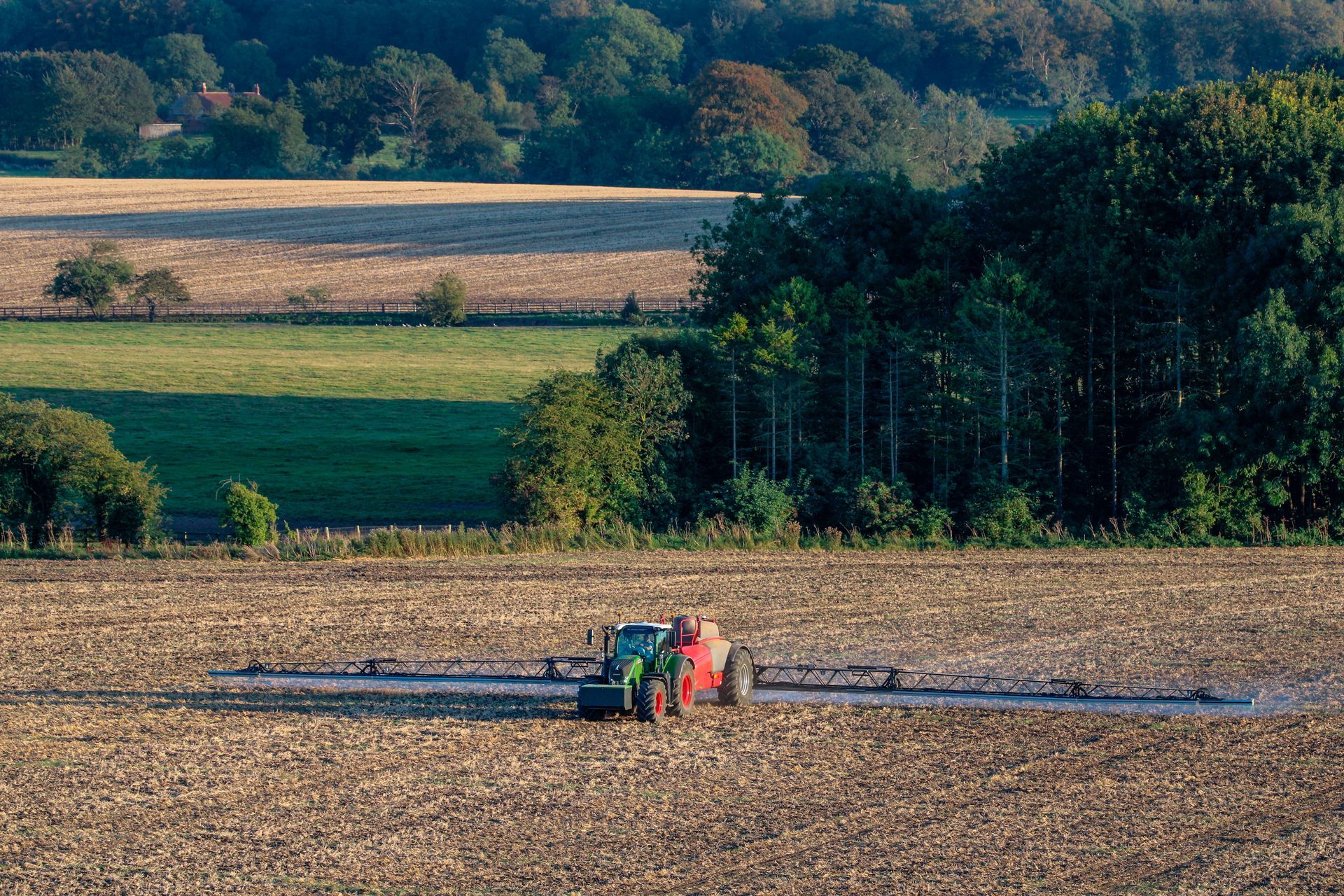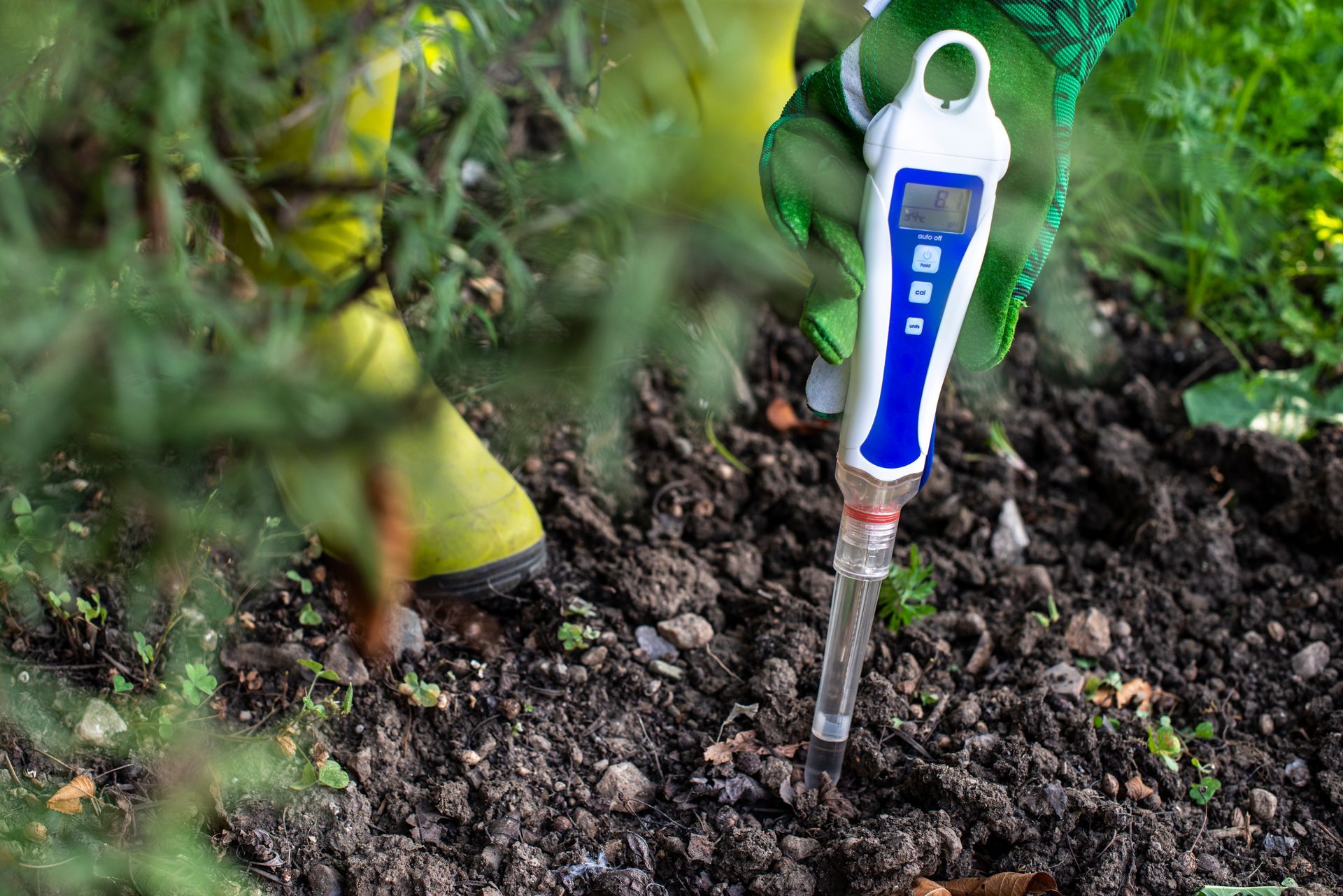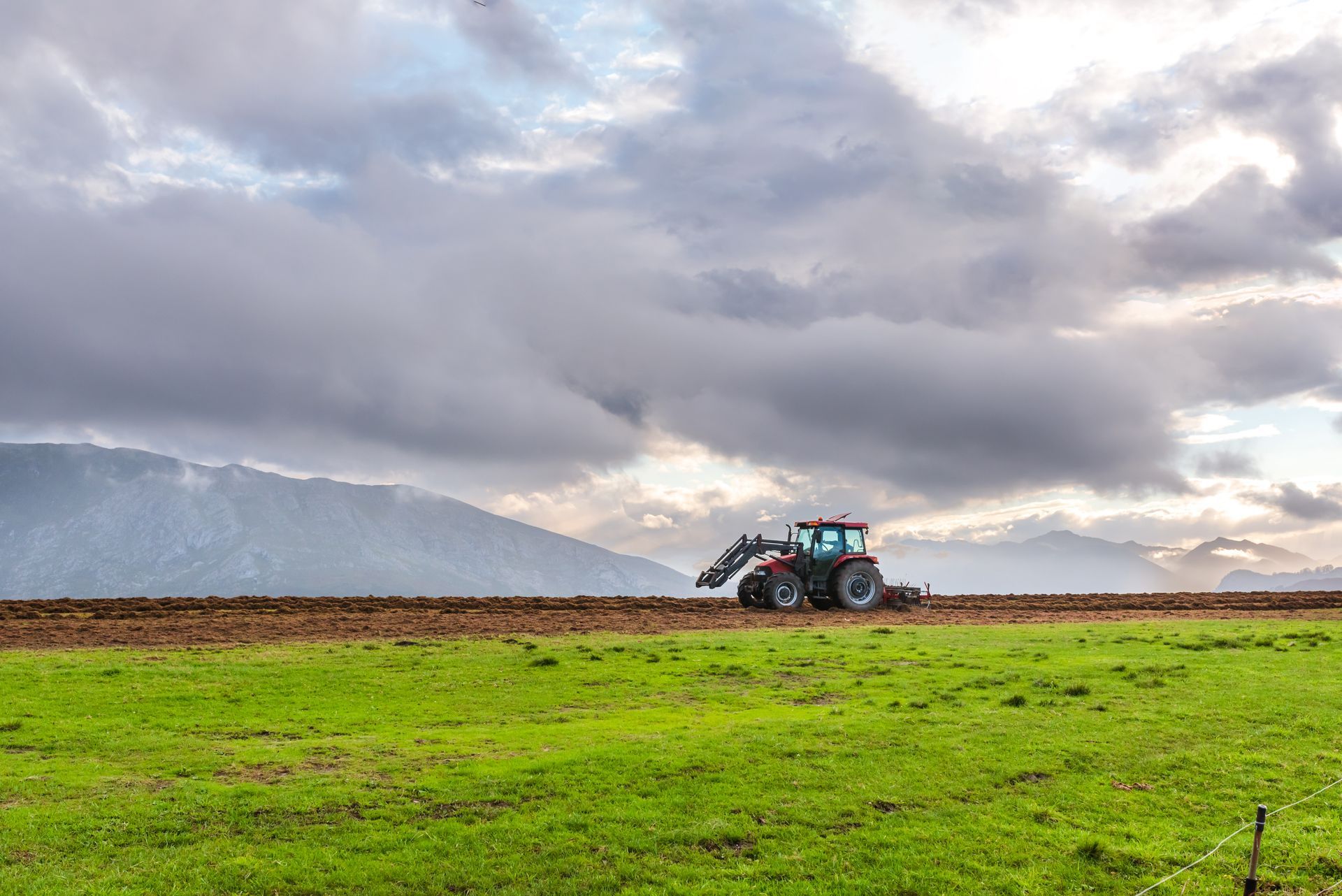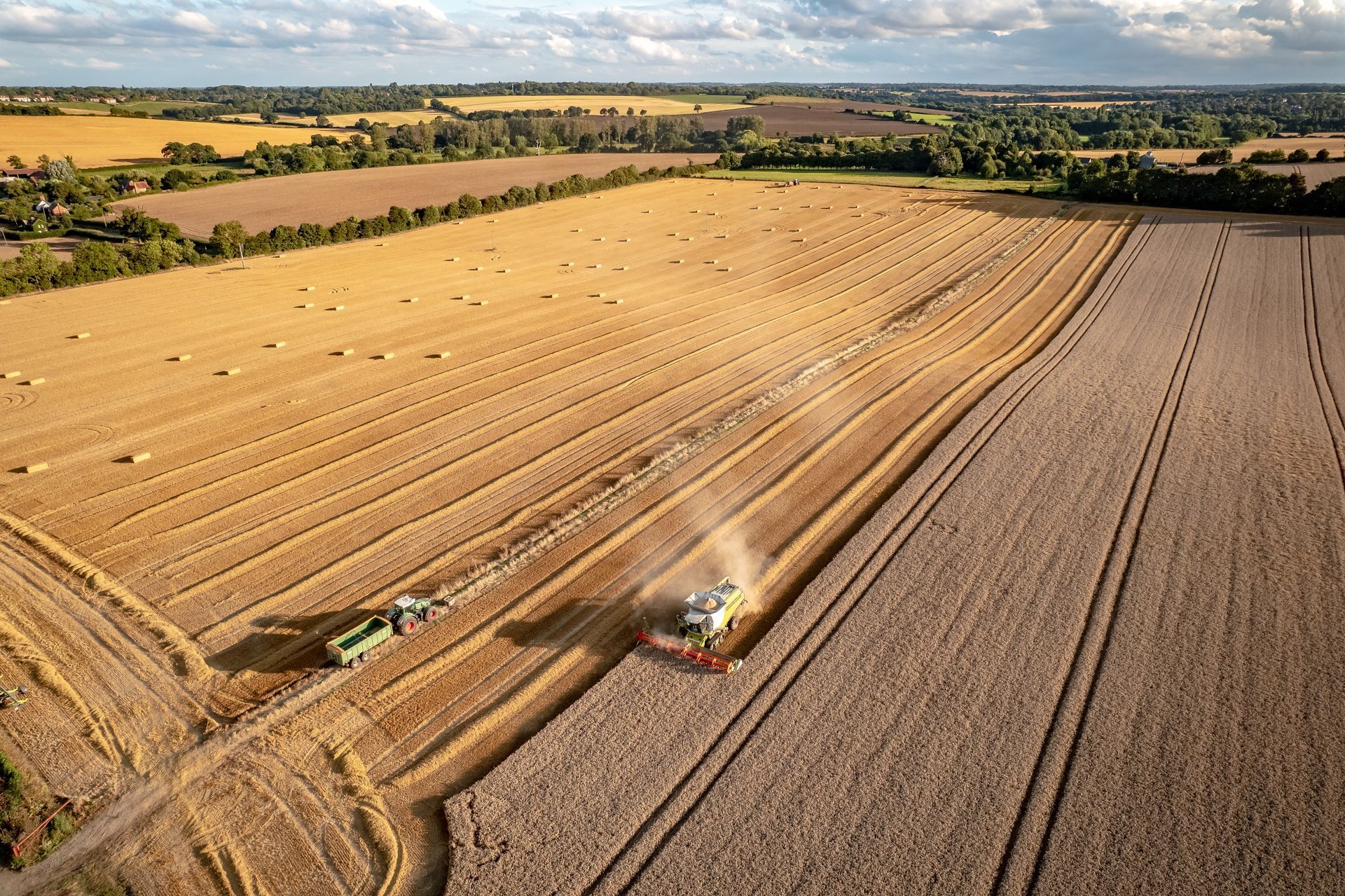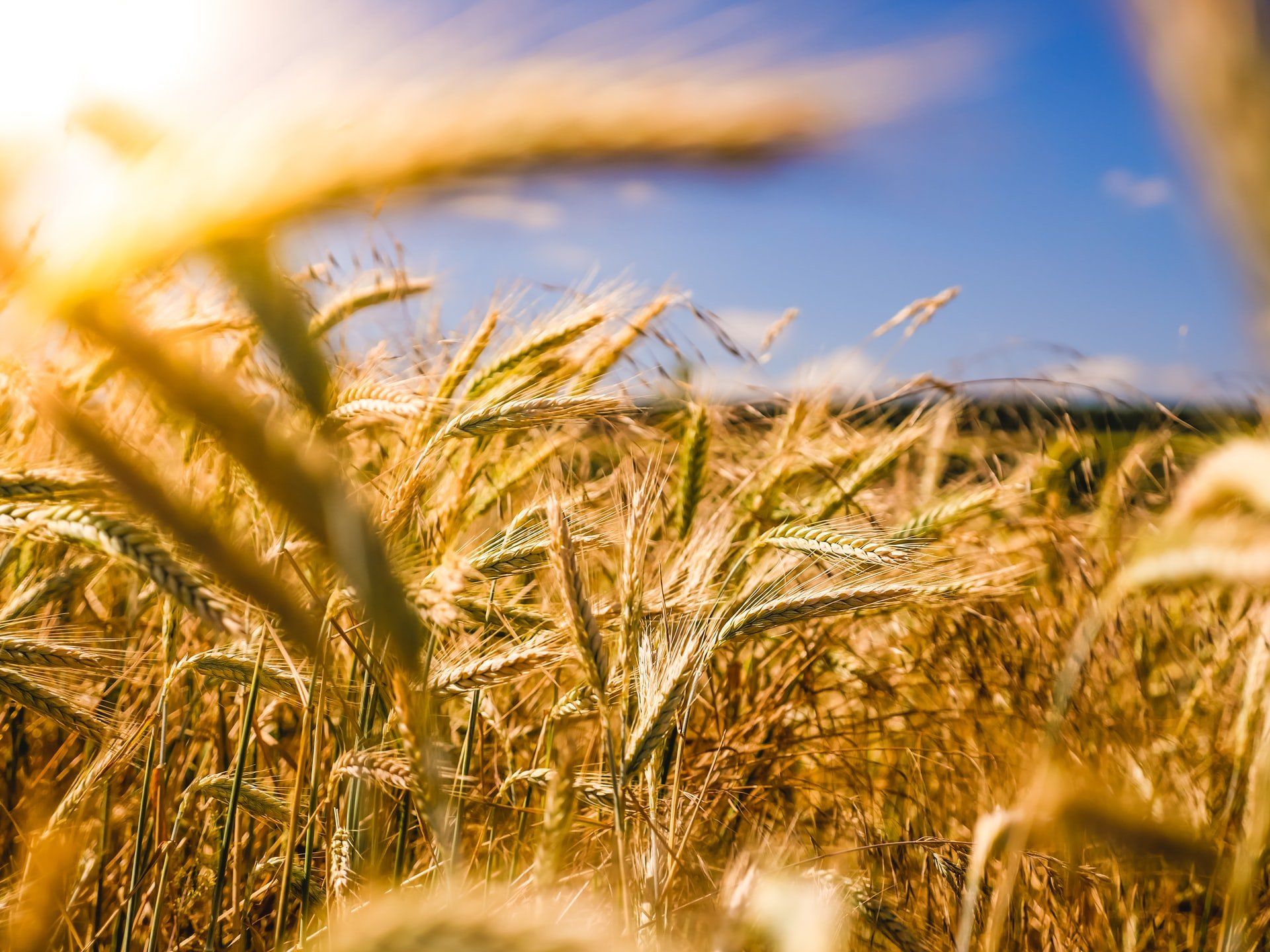No-till farming aims to avoid the common practice of disturbing the soil through tillage. While this may seem out of place in today’s world where the majority of farms use heavy equipment and significant tillage, there are key economic benefits of no-till farming that cannot be ignored.
1. Fuel Savings
Conventional tillage requires a lot of diesel fuel to power the equipment used for plowing. With prices for diesel and conventional gasoline reaching record highs, fuel costs can become a major burden for farmers. On average, continuous till farms use six gallons of diesel fuel per acre, per year. No-till farms can reduce that to less than two gallons of diesel per acre.
2. Improved Soil Health
No-till farming can significantly improve soil health. This practice increases water absorption and infiltration, improves irrigation efficiency, and creates a healthier environment for soil microorganisms to thrive. Healthier soil conditions can dramatically increase crop yields, boosting the profitability of your farm.
3. Saving Time
A Scientific American study found that switching to no-till farming can reduce labor needs by 30 to 50 percent. Those time savings can be used to cut labor expenses or direct your efforts to other important activities that drive profits for your farm.
At Richland Micro Drainage, our drainage solutions are designed to work with no-till farming to further maximize soil health and crop growth. To learn more about how micro drainage can improve your farming outcomes,
contact us today.



